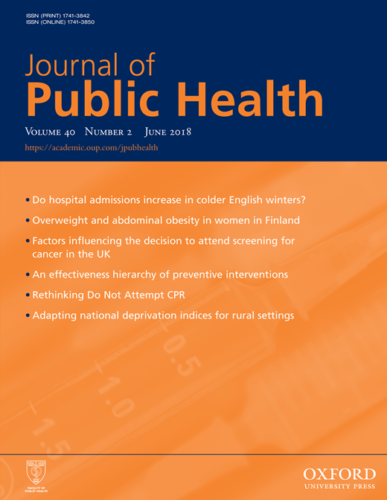 Abstract
Abstract
This study examined the influences of information sources on Zika-relevant knowledge and behaviors in US households containing members who are pregnant, intend to become pregnant, or have a higher probability of unintended pregnancy in Zika-affected regions (i.e. respondents who are younger, are black, have less education, are unmarried, and reside in the southern USA).
Over 22 000 US adults completed a survey measuring Zika-relevant knowledge and behaviors along with information sources (e.g. discussing Zika with practitioners), general media usage (e.g. TV) and demographic information over 30 weeks.
Respondents in the group with (versus without) either pregnancy or intended pregnancy were more likely to use all information sources, which in turn created differences in knowledge and behavior responses. To gauge information sources in US-South respondents with a high probability of having a household member with unintended pregnancy based on demographics, younger, less-educated, unmarried, black respondents had fewer Zika discussion with practitioners than another group.
Efforts to increase Zika-related knowledge and protective behaviors should target households with members who are pregnant or intending to become pregnant via practitioners, family and friends. Additional efforts should target information channels to reach younger, less educated, unmarried, black respondents, which are at risk for unintended pregnancy.

